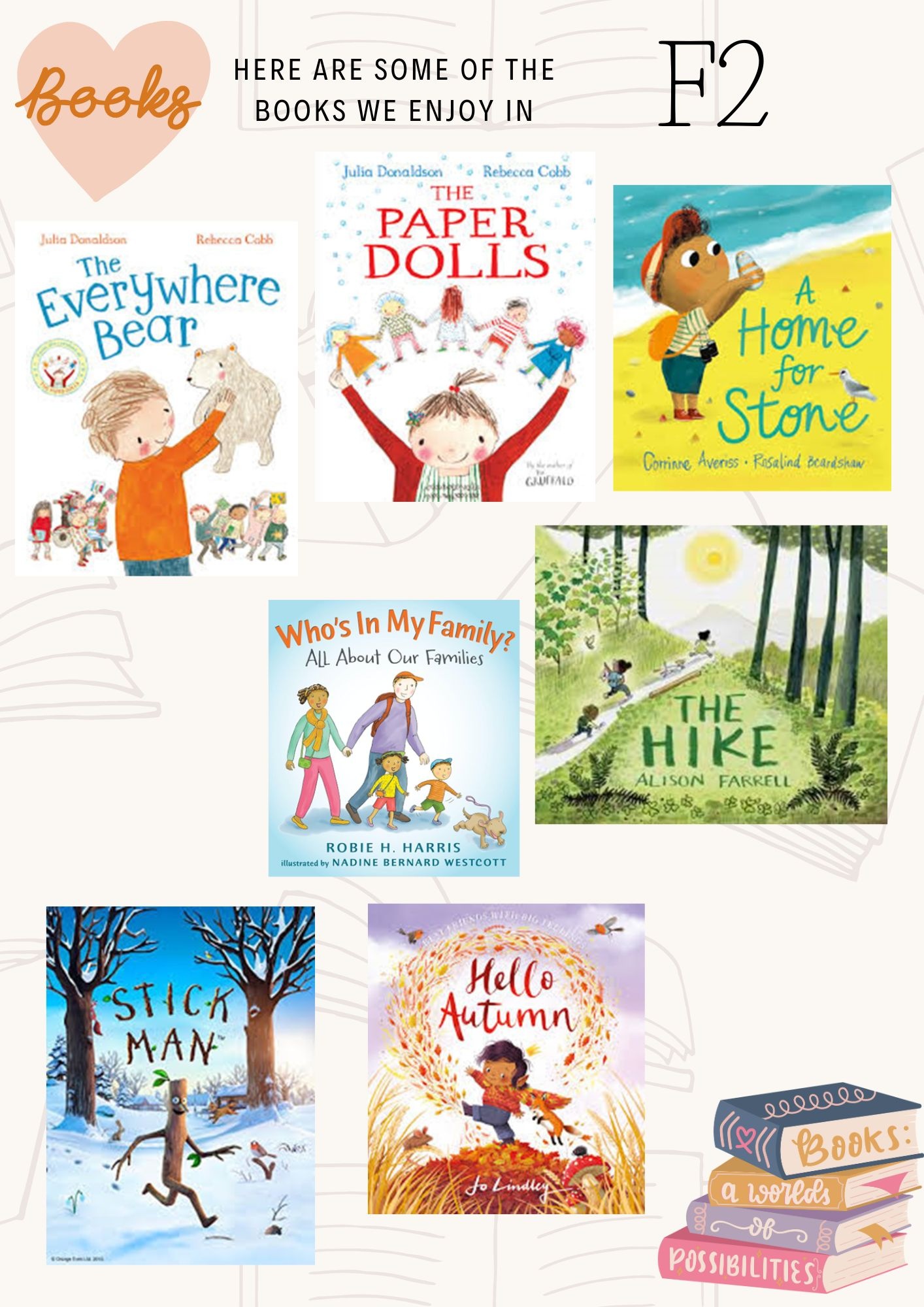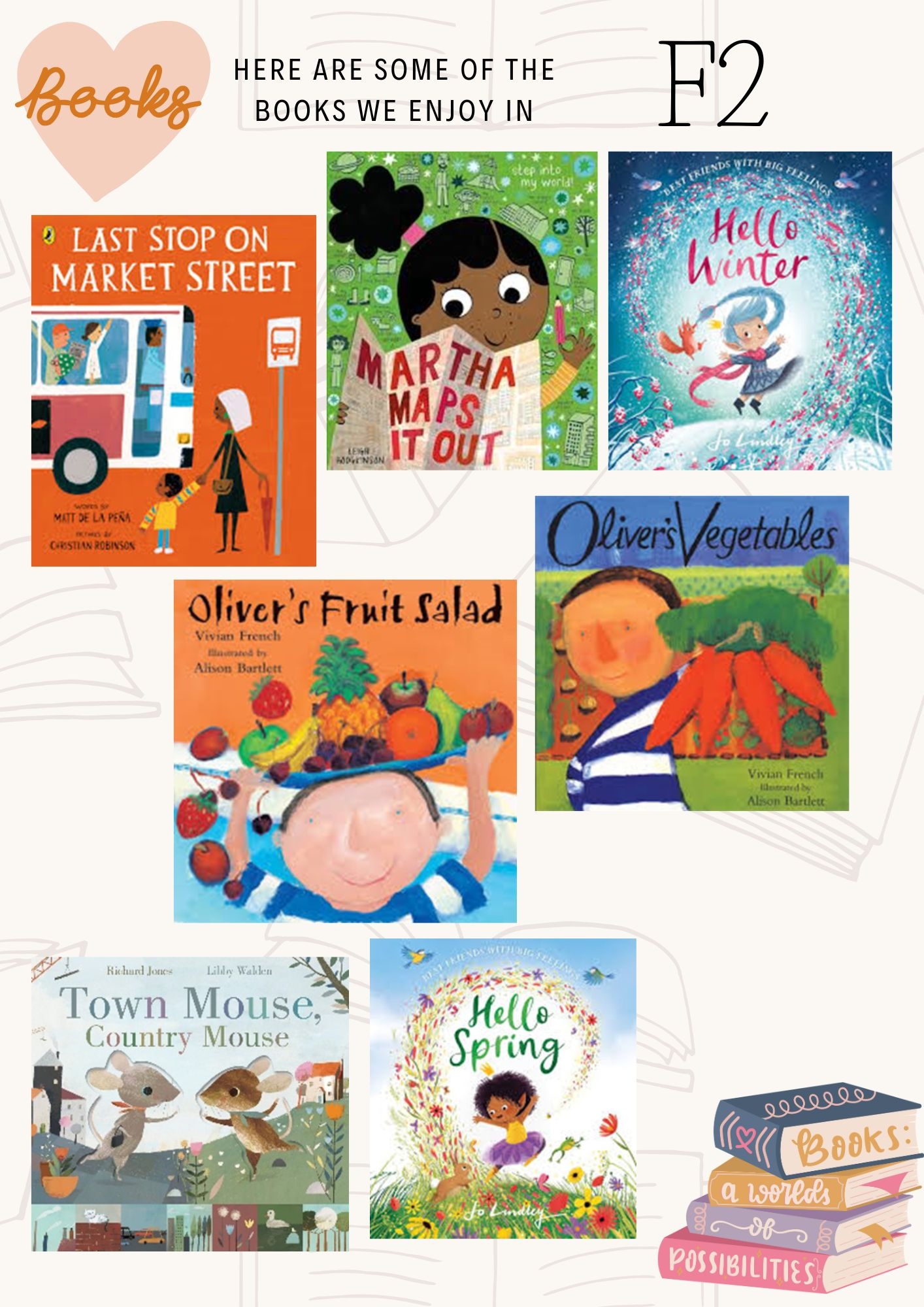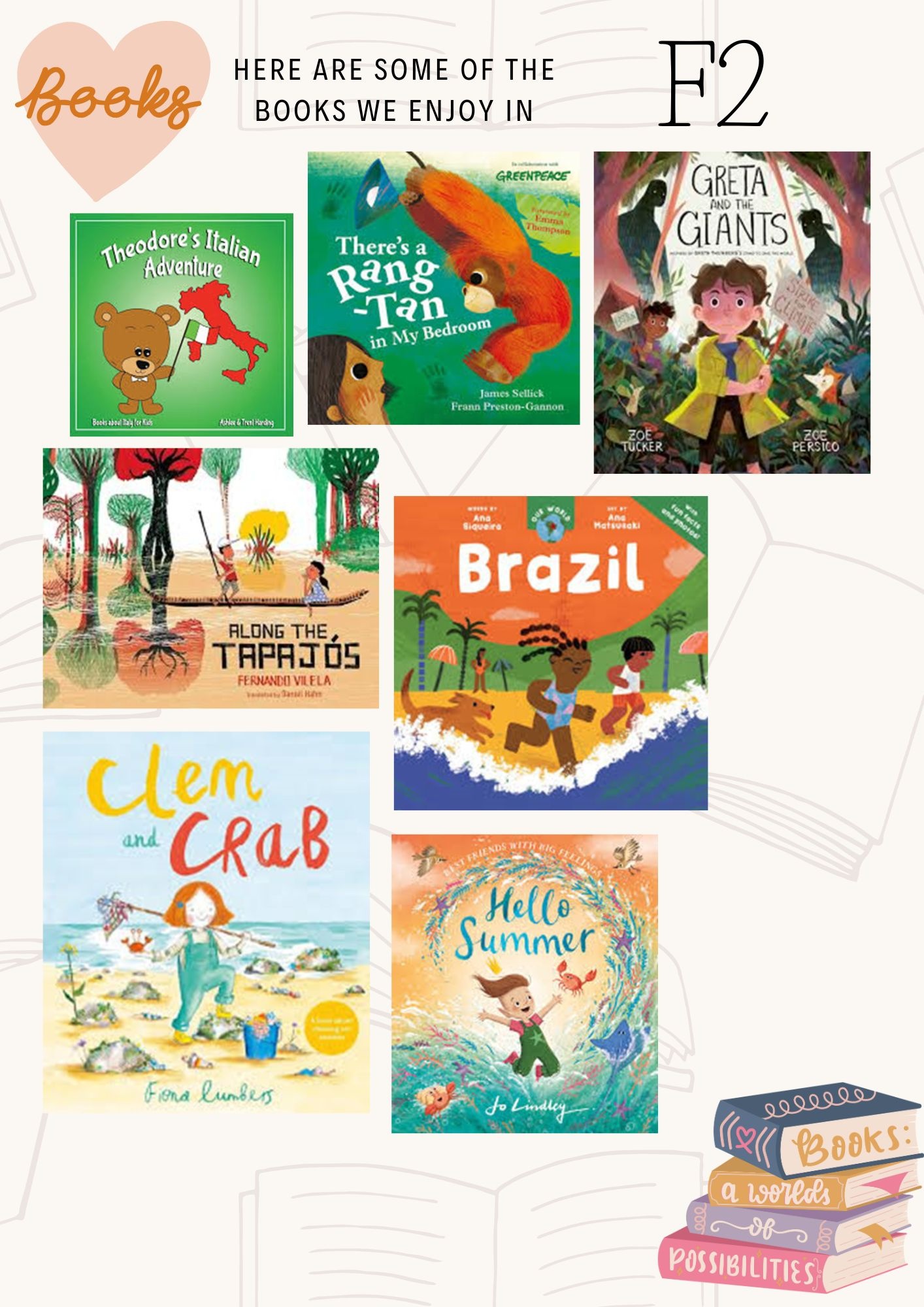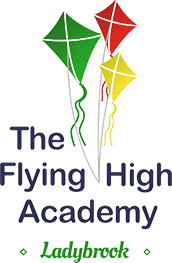Early English
F2 Writing
At FHAL, we know that writing begins with strong physical foundations. In F2, we support children in developing both gross motor skills—through climbing, running, building, and large-scale movement—and fine motor skills—through threading, cutting, painting and small construction activities. These experiences strengthen muscles and coordination, preparing children’s hands and bodies for writing.
Alongside this, children are encouraged to explore mark making in playful and creative ways, such as using chalk outdoors, painting with big brushes, or experimenting with pens, crayons, and pencils. These early marks are celebrated as the first steps towards writing, helping children gain confidence and see themselves as writers.
In F2, our English lessons are carefully designed to nurture a love of language and communication. The focus is on developing strong foundations in oracy, vocabulary, and transcriptional fluency, which together support confident speaking, listening, reading, and writing.
Our lessons are built around high-quality, vocabulary-rich texts that inspire curiosity, imagination and a love of stories. Books are carefully chosen to expose children to exciting new words and phrases, helping them build a wide and expressive vocabulary. Practical experiences to explore these words are embedded in lessons and are also interwoven throughout our continuous and enhanced provision, giving children many opportunities to use and enjoy new language.
The Writing Sequence: F2
Each text focus follows a clear, supportive structure:
Weekly elements:
- Immersion – We immerse children, every day, by exploring new vocabulary using a balance of real-life experiences and media forms.
- Oral Rehearsal - We practise, daily, using new vocabulary in full sentences through oral repetition - teacher modelling and echo reading.
- Dictation - Children's cognitive load is supported by the teacher holding sentences for the children so that they are able to focus on transcriptional skills e.g. spelling and handwriting.
- Letter formation - children practise forming letters correctly through expert modelling from the teaching staff.
- Independent exploration – throughout the week, children have time to use new vocabulary orally and in writing, using an array of carefully planned resources in enhanced and continuous provision
As children become more confident with sounds and letters, they begin to apply their phonics knowledge to early writing. We encourage them to experiment with mark making and recording their ideas, gradually building transcriptional fluency.
Our practical approach ensures that English in F2 is both joyful and purposeful, laying the essential groundwork for literacy. By combining physical development, oracy, vocabulary growth and early transcription skills, we prepare children to become enthusiastic readers, writers and lifelong communicators.
F2 Reading
In F2, we place a strong emphasis on developing children’s early reading skills through a systematic approach to phonics and decoding. Our aim is to give every child the tools they need to become confident, enthusiastic readers.
Children take part in daily No Nonsense Phonics sessions where they learn to recognise sounds (phonemes) and match them to letters (graphemes). They practise blending these sounds together to decode words, enabling them to read with increasing independence. Alongside this, children also learn to recognise common ‘tricky words’ that cannot always be sounded out.
In F2, we use Launchpad Guided Reading groups to support the children’s reading journey. Launchpad provides a carefully structured approach that builds children’s confidence and fluency.
As they begin to read with greater confidence, we place an important focus on developing prosody—the rhythm, expression, and intonation that bring reading to life. Prosody helps children move beyond simply decoding words, enabling them to read with fluency, understanding, and enjoyment.
Through regular story times, echo reading and opportunities to perform poems, songs and dialogues, children learn how to use their voice to show meaning, mood and character. Adults in EYFS model expressive reading and children are encouraged to experiment with tone, pace and emphasis as they grow in confidence.
By developing prosody, our children not only improve their comprehension skills but also discover the joy of storytelling and self-expression. This builds a strong foundation for reading fluency and helps foster a lifelong love of books. Combining phonic skills, decoding strategies and a rich exposure to texts, our F2 children begin their journey as readers with confidence, curiosity and excitement.




